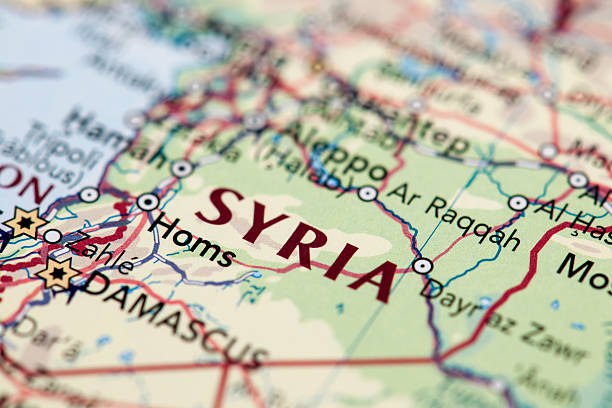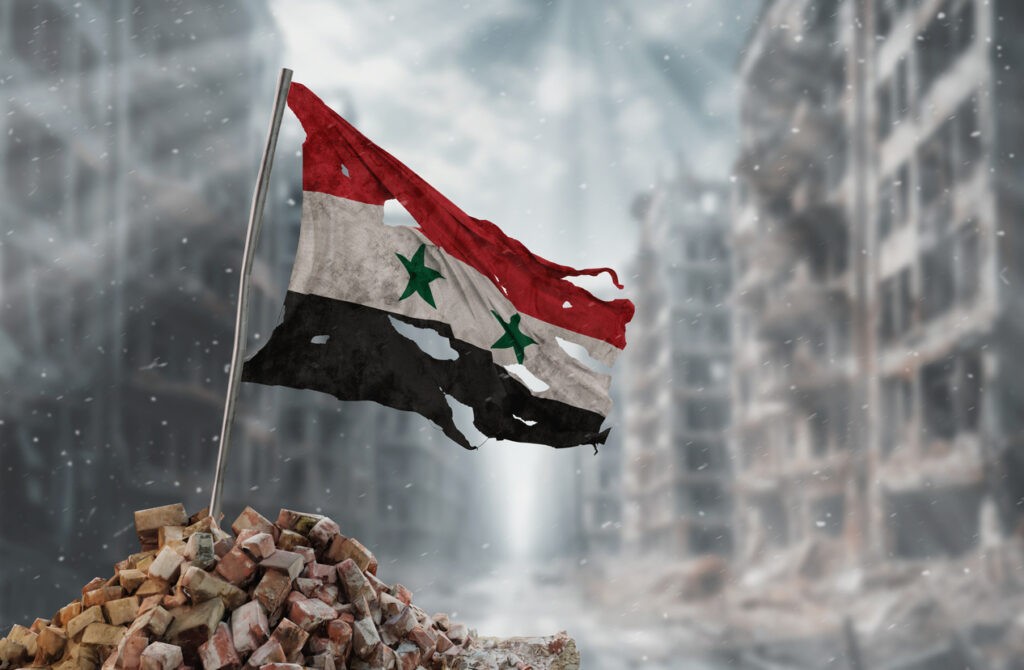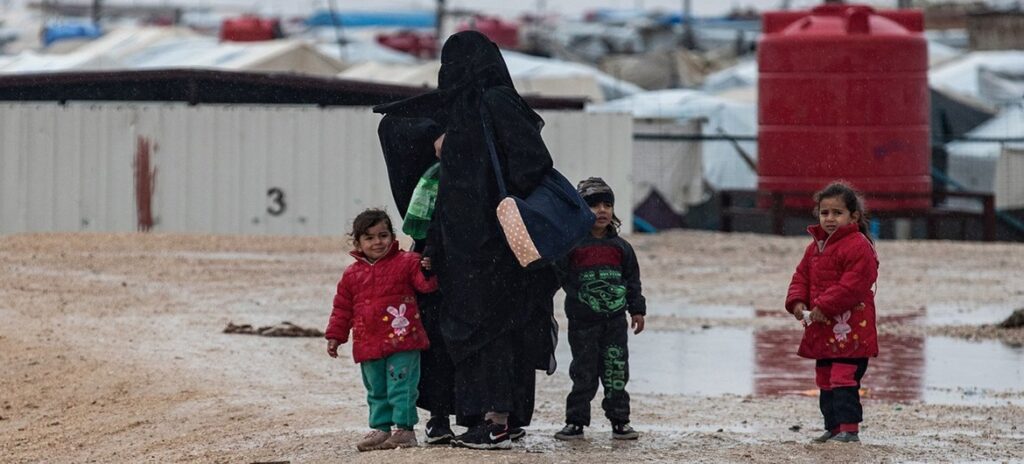Central Asia Leads in Repatriating Citizens from Syrian Camps
Central Asian governments are at the forefront of efforts to repatriate their citizens from camps in northeastern Syria, according to Khalid Koser, head of the Global Community Engagement and Resilience Fund (GCERF). In an interview with RIA Novosti, Koser highlighted that, unlike European nations, Central Asian states have taken responsibility for their nationals. GCERF is an international organization supporting local initiatives to prevent extremism and violence by fostering partnerships between governments, civil society, and the private sector. Koser noted that approximately 2,200 Central Asian citizens have been repatriated from these camps. Kazakhstan has brought back 754 individuals, Kyrgyzstan 533, Tajikistan 381, and Uzbekistan 531. By contrast, Koser criticized European nations for neglecting their citizens in the camps. “Tajikistan says, ‘These are our citizens, and we are responsible for them,’” Koser stated. “Meanwhile, Western Europe hopes the problem will disappear, leaving people to die in camps.” The head of GCERF also pointed out the challenges of repatriating men, many of whom were combatants. “The question now is how to handle those who fought, were involved in terrorism, and face difficulties reintegrating. Most will end up in prison, which could lead to further radicalization within the prison system,” Koser warned. The camps in northeastern Syria, managed by the Syrian Democratic Forces (SDF) and the United States, house 65,000 to 70,000 people. Most of the residents are women and children from families of ISIS militants. While the camps are not officially prisons, movement is restricted, and Kurdish forces prevent residents from leaving. The Times of Central Asia has previously reviewed the repatriation operations undertaken by Central Asian countries, which continue to set a global example in addressing this humanitarian and security challenge.




